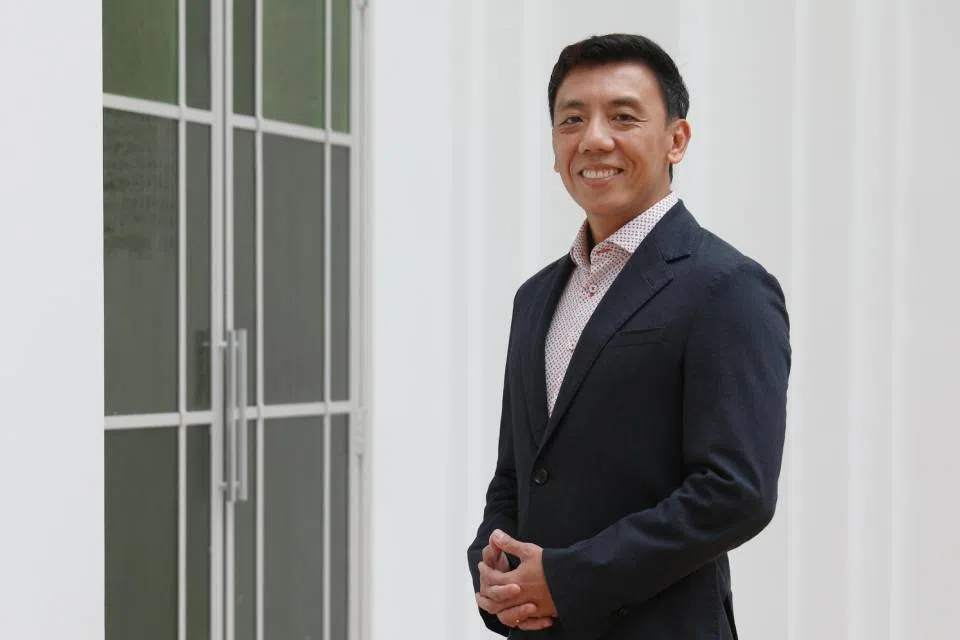Government rejects WP MP Jamus Lim’s call for COE discounts for families, caregivers
A single Certificate of Entitlement subsidy could benefit many more families if distributed as transport vouchers, says Acting Transport Minister Jeffrey Siow

[SINGAPORE] In Parliament on Monday (Sep 22), Acting Transport Minister Jeffrey Siow rejected calls for Certificate of Entitlement (COE) subsidies for families and caregivers, saying the required resources could be used to help more families instead.
Workers’ Party Member of Parliament Jamus Lim had moved an adjournment motion to improve the system’s equity with discounts for caregivers or families with young children.
For certain groups, access to a car is “much closer to a need than a luxury”, he said, naming parents of multiple young children; caregivers to elderly parents; and those who are disabled.
For families with at least two children below the age of 14, Lim proposed that COE prices be discounted by 10 per cent for each child beyond the first.
He also proposed a 10 per cent discount for primary caregivers of two parents above 80 years old or one parent with a chronic illness in need of regular checkups, living in the same household.
He noted that disabled drivers are already exempt from paying COE, showing that the government does provide targeted support.
Navigate Asia in
a new global order
Get the insights delivered to your inbox.
Defining fairness

Siow said that while he sympathised with suggestions for certain groups to receive subsidies, “it is difficult to make the case”.
“Because rather than give one family a substantial COE subsidy – say, S$10,000, S$30,000, S$40,000 – the same amount of subsidy can be redistributed to benefit many more families, including those who do not want or who are not able to afford a car,” he said.
“For example, we can give many more families credits to be used for transport services, as we have done with the Large Families Scheme, or to defray other expenditures, through cash or with vouchers.”
SEE ALSO
The Large Families Scheme gives grants and credits – for healthcare, education and more – to families with a third or subsequent eligible Singaporean child.
Siow noted, furthermore, that it is challenging to allocate COEs based on needs, as standards of fairness can vary.
“What appears deserving to one person might not appear fair to another,” he said. For instance, it is difficult to decide how rules should be set according to the number and age of children; whether to consider household or personal income; and whether big families are more deserving than small ones.
“A needs-based system for the COE sounds attractive, but in practice it is subjective, divisive and benefits too few,” Siow concluded.
He noted that COE revenues – S$4 billion to S$6 billion a year on average – go toward subsidising public transport and other expenditures such as healthcare, education and defence.
“With COE revenues, we can provide every Singaporean with high quality and affordable public transport. This way, we achieve the greatest good for the greatest number.”
Siow also addressed concerns over recent rises in COE prices. Premiums have climbed steadily in 2025, with the mainstream category setting record highs in September.
He said this was due to rising demand, driven by electric vehicles (EVs) that are being brought here too cheaply – especially from China, but that the government had taken steps to stabilise the COE supply, such as bringing forward deregistrations and injecting 20,000 additional COEs.
Decoding Asia newsletter: your guide to navigating Asia in a new global order. Sign up here to get Decoding Asia newsletter. Delivered to your inbox. Free.
Copyright SPH Media. All rights reserved.





